15 Things You Don’t Want To Do As A Visitor In Stockholm

Stockholm is a city of quiet charm, where cultural nuances shape the rhythm of daily life. For travelers, small mistakes like not knowing how to behave in a certain situation can be awkward. So, understand how Stockholmers live and move to feel comfortable and enjoy the city. Starting with the common missteps to avoid during your visit.
Don’t Use Loud Or Animated Body Language

Swedish communication tends to be calm and composed, with minimal hand gestures and subdued facial expressions. Just as body language is kept subtle, vocal tone matters too—these people value understatement over theatrical speech. In fact, loud speech in public spaces, especially in restaurants or on public transport, can make others uncomfortable.
Don’t Ignore Personal Space
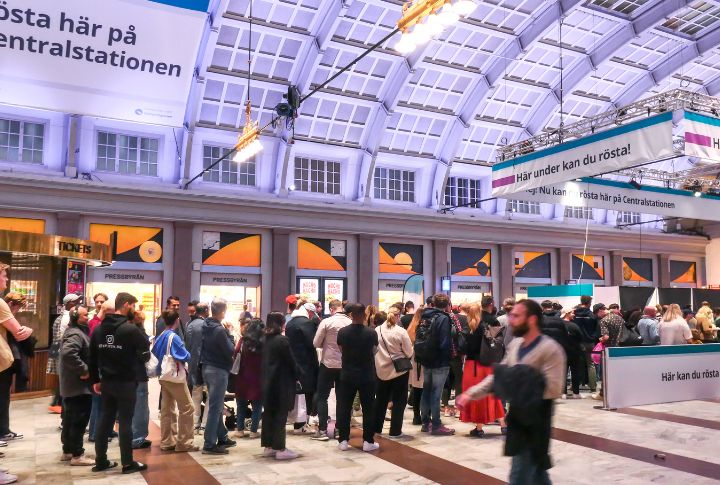
Personal space is important in Swedish culture, as people typically keep about an arm’s length. This preference is noticeable in queues, where standing too close may signal impatience or disregard for others. It also extends to greetings, with many choosing a polite nod or a light handshake rather than close physical contact.
Don’t Skip Learning Basic Swedish Phrases
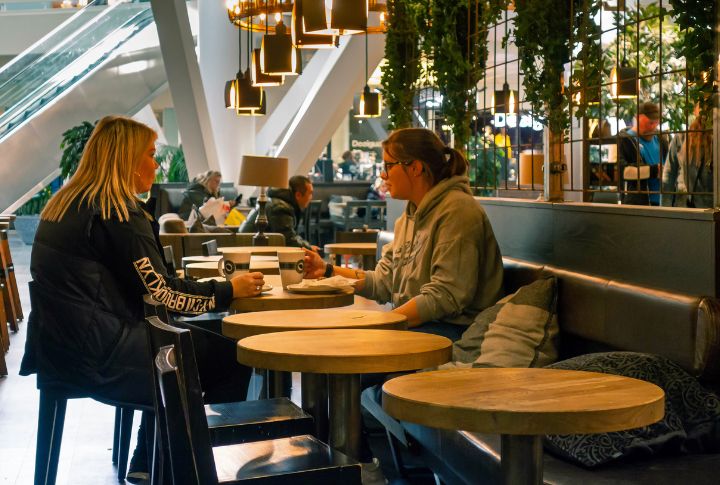
Use simple phrases like “Hej” (Hello) or “Tack” (Thank you) to show you appreciate the local culture and make your everyday interactions smoother. These small efforts make conversations feel more natural and often lead to warmer, more welcoming responses.
Don’t Assume Everyone Speaks English

While a large majority of Swedes—about 89%—speak English fluently, it’s not always their preferred language. In more suburban areas or among older generations, Swedish is often favored in casual conversations. If you don’t understand, politely ask if they speak English before continuing rather than expecting.
Don’t Expect Small Talk

In Sweden, conversations tend to be brief and purposeful, rather than filled with small talk. Silence isn’t considered awkward; it’s simply a natural part of communication. If you know this, you won’t mistake quietness for lack of interest. It will be easier and more comfortable to connect with people in the service industry if you adjust your expectations accordingly.
Don’t Educate Swedes On Global Affairs
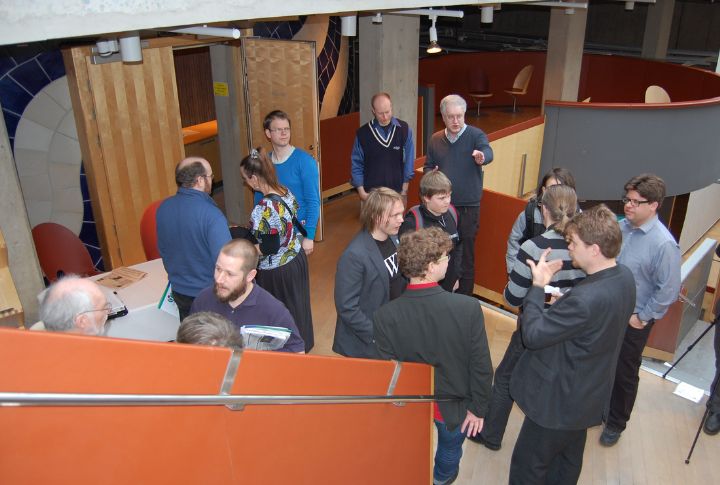
Swedes are well-informed on global issues, and Sweden has a strong international presence. Respectful and balanced conversations about politics or world events are welcome, but assuming locals aren’t informed can come off as condescending. In reality, Sweden ranks much higher in global awareness and education.
Don’t Talk Down The Vasa Ship

The Vasa, a 17th-century warship that sank on its maiden voyage, is one of Sweden’s most beloved historical artifacts. Though its story may seem like a failure at first glance, locals view it as a valuable lesson in history and engineering. So, a respectful appreciation of the ship’s significance enriches your museum visit.
Don’t Ignore Recycling Rules
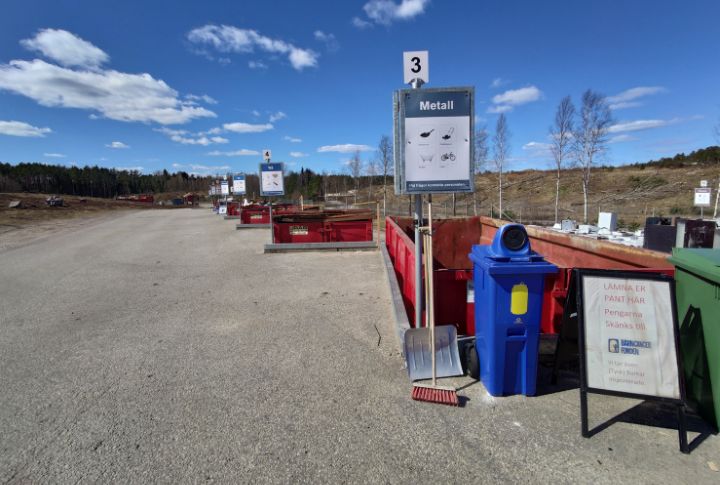
Environmental awareness runs deep in Swedish society, and recycling is taken seriously. Sweden recycles nearly all of its household waste, with public bins clearly marked for glass, plastic, paper, and food waste. As a visitor, being mindful of sorting waste shows cultural sensitivity and helps maintain the country’s eco-conscious standards.
Don’t Expect Late-Night Dining Options
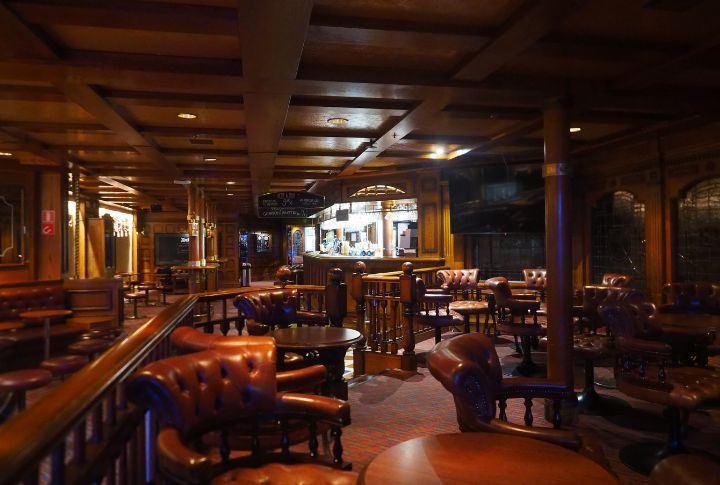
Unlike cities known for round-the-clock food, Stockholm’s dining scene slows down early. Most restaurants close by 10 PM, so late-night meals can be hard to find. While convenience stores and fast-food chains may stay open, options for sit-down dining are limited. You should plan ahead if you’re used to eating late.
Don’t Forget To Remove Your Shoes Indoors

Removing shoes before you enter a home is a deeply rooted custom tied to cleanliness and respect. Most homes have designated areas near the entrance for leaving footwear. This practice is so common that it’s even observed in some offices and daycare centers. It’s easy to fit in if you follow suit.
Don’t Jaywalk
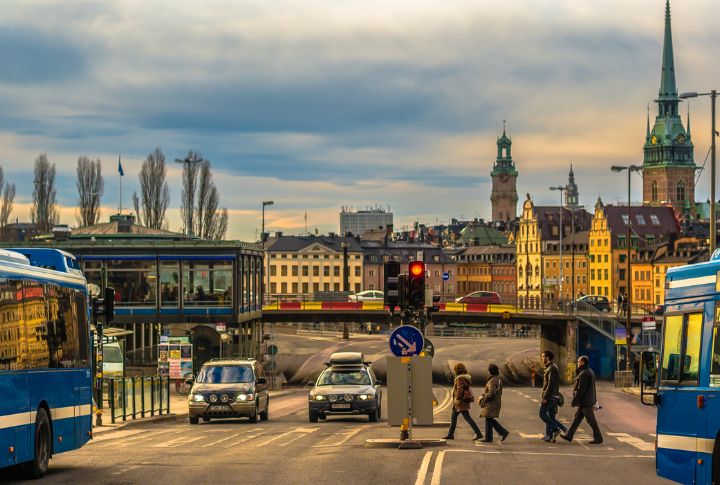
Technically, jaywalking is not illegal in Sweden, but it’s still frowned upon. Pedestrians are expected to wait for green signals and cross at marked areas. Disregarding these norms can draw unwanted attention and disrupt the city’s orderly flow. Traffic lights are designed with pedestrian safety in mind, so following them keeps things smooth and respectful.
Don’t Expect Cash To Be Widely Accepted

The country is one of the world’s most cashless societies. Even small transactions like coffee or transit fares are typically paid via card or mobile apps. Many Swedes use Swish, a mobile payment system for everything from groceries to restaurant bills. Visitors should be prepared with digital payment options, as cash is also often not accepted.
Don’t Ignore The Weather

Weather can change quickly—cool mornings may give way to warm afternoons, and sudden rain showers are common. Winters can bring snow and freezing temperatures, requiring warm, layered clothing. Most importantly, it can be unpredictable! So, check the daily forecast and dress accordingly to ensure you’re prepared and comfortable throughout the day.
Don’t Skip The Archipelago

Stockholm’s Archipelago is made up of over 30,000 islands, which deliver breathtaking terrains and a window into Sweden’s coastal traditions. Accessible by boat tours and ferries, it’s a must-see for nature lovers and history buffs alike. Skipping it means missing out on one of the region’s most unique and rewarding experiences.
Don’t Expect Fast Service In Restaurants
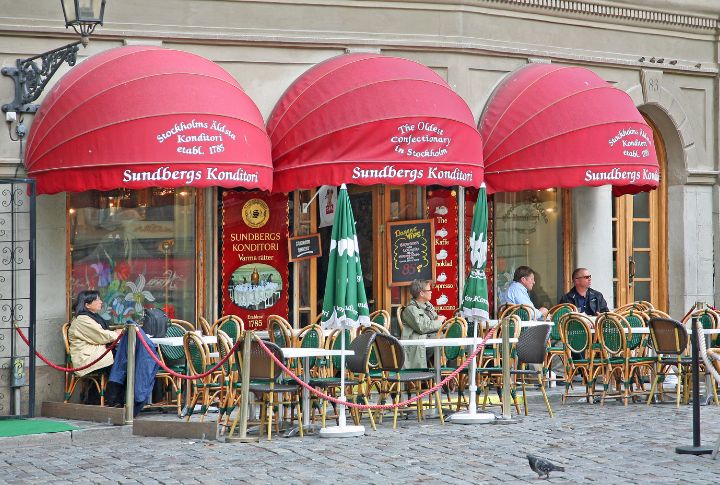
Dining in Stockholm is relaxed and unhurried, with an emphasis on enjoying the experience. Meals are often seen as a time to connect and unwind, not to rush. Service staff typically won’t interrupt unless signaled, which allows guests to linger in peace. Patience from tourists is appreciated because it’s all part of the laid-back dining culture.






